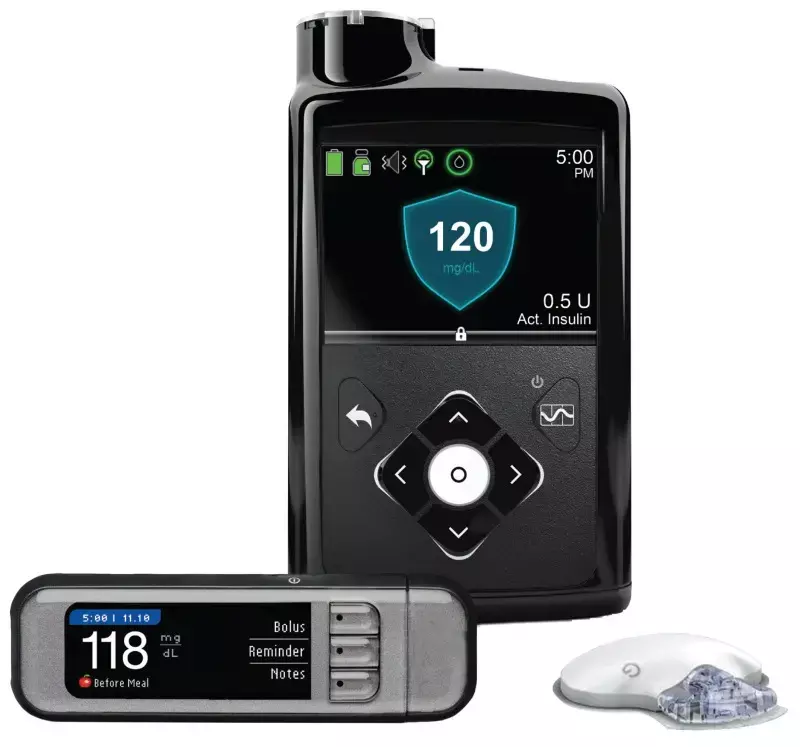- Home
- Medical news & Guidelines
- Anesthesiology
- Cardiology and CTVS
- Critical Care
- Dentistry
- Dermatology
- Diabetes and Endocrinology
- ENT
- Gastroenterology
- Medicine
- Nephrology
- Neurology
- Obstretics-Gynaecology
- Oncology
- Ophthalmology
- Orthopaedics
- Pediatrics-Neonatology
- Psychiatry
- Pulmonology
- Radiology
- Surgery
- Urology
- Laboratory Medicine
- Diet
- Nursing
- Paramedical
- Physiotherapy
- Health news
- Fact Check
- Bone Health Fact Check
- Brain Health Fact Check
- Cancer Related Fact Check
- Child Care Fact Check
- Dental and oral health fact check
- Diabetes and metabolic health fact check
- Diet and Nutrition Fact Check
- Eye and ENT Care Fact Check
- Fitness fact check
- Gut health fact check
- Heart health fact check
- Kidney health fact check
- Medical education fact check
- Men's health fact check
- Respiratory fact check
- Skin and hair care fact check
- Vaccine and Immunization fact check
- Women's health fact check
- AYUSH
- State News
- Andaman and Nicobar Islands
- Andhra Pradesh
- Arunachal Pradesh
- Assam
- Bihar
- Chandigarh
- Chattisgarh
- Dadra and Nagar Haveli
- Daman and Diu
- Delhi
- Goa
- Gujarat
- Haryana
- Himachal Pradesh
- Jammu & Kashmir
- Jharkhand
- Karnataka
- Kerala
- Ladakh
- Lakshadweep
- Madhya Pradesh
- Maharashtra
- Manipur
- Meghalaya
- Mizoram
- Nagaland
- Odisha
- Puducherry
- Punjab
- Rajasthan
- Sikkim
- Tamil Nadu
- Telangana
- Tripura
- Uttar Pradesh
- Uttrakhand
- West Bengal
- Medical Education
- Industry
Hybrid closed loop therapy may improve quality of life in Type I Diabetes, finds study

With significant innovations in the management of type 1 diabetes (T1D), automation in closed-loop systems offers the potential to reduce diabetes burden and improve glucose profile.
The hybrid closed-loop (HCL) system uses a control algorithm that delivers insulin based on CGM(Continuous Glucose Monitor) glucose measures. Recent randomized clinical trial (RCT) in adults demonstrated improvement in all glycemic metrics with HCL compared with standard therapy with multiple daily insulin injections (MDI) or continuous subcutaneous insulin infusion (CSII), no such trails exists among adolescents.
Researchers from Australia conducted a study to evaluate the effectiveness of Hybrid closed-loop system in young adults and adolescents with type I diabetes.
In this randomized clinical trial participants aged 12 to 25 years were recruited at 5 tertiary pediatric diabetic centers in Australia. Participants were included if they had a history of type I DM for one year, with a fasting C-peptide level of less than 0.30 ng/mL and HbA1c of less than 10.5% on standard therapy. Participants were excluded if they had used any noninsulin glucose lowering agent or corticosteroid within the preceding 3months;or any other chronic illness.
A total of 135 patients were included, with 68 randomized to the control group and 67 to the HCL group. Participants in both the groups were followed up at 4 weeks, 13 weeks and 26 weeks after randomization. The primary outcome was the percentage of time in range
(TIR) within a glucose range of 70 to 180mg/dL, measured by 3-week masked CGM collected
at the end of the study in both groups. Secondary outcomes included CGM metrics for
hypoglycemia, hyperglycemia, and glycemic variability and psychosocial measures.
Key findings of the study are:
-In this study ,patients had a mean (SD) diabetes duration of 7.7 (4.3) years and mean hemoglobin A1c of 64 (11) mmol/mol.
-A total of 110 participants (81%) receiving continuous subcutaneous insulin infusion and 72 (53%) receiving CGM.
-Upon analysis it was found that there was a significant difference in TIR between two groups with a P value of 0.002, the HCL group attaining better control.
-The recommended target of TIR above 70% was met in 31% of participants receiving
HCL and 15% of participants receiving standard therapy. Likewise, the glycemic target of
HbA1c less than 7% was achieved in 16 participants (25.4%) receiving HCL and 11 participants (19.0%) receiving standard therapy.
-Hybrid closed-loop therapy also reduced the time that patients spent in a hypoglycemic (<70mg/dL) range and improved glycemic variability.
-Improved diabetic-specific quality of life and treatment satisfaction was observed in the HCL group as compared to conventional therapy.
Authors conclude-"The HCL system represents an important step in the pursuit of technological advancements toward a fully automated closed-loop system as it showed improved glycemic control and quality of life compared with conventional therapy in children and adolescents with type 1 diabetes."
Source:JAMA pediatrics
Dr Kamal Kant Kohli-MBBS, DTCD- a chest specialist with more than 30 years of practice and a flair for writing clinical articles, Dr Kamal Kant Kohli joined Medical Dialogues as a Chief Editor of Medical News. Besides writing articles, as an editor, he proofreads and verifies all the medical content published on Medical Dialogues including those coming from journals, studies,medical conferences,guidelines etc. Email: drkohli@medicaldialogues.in. Contact no. 011-43720751


